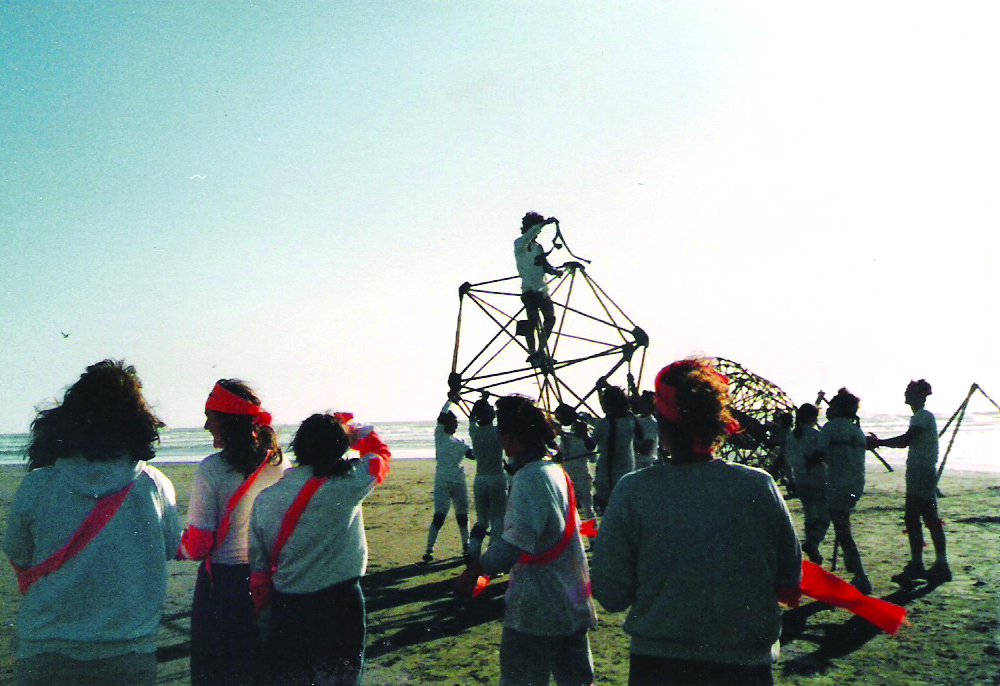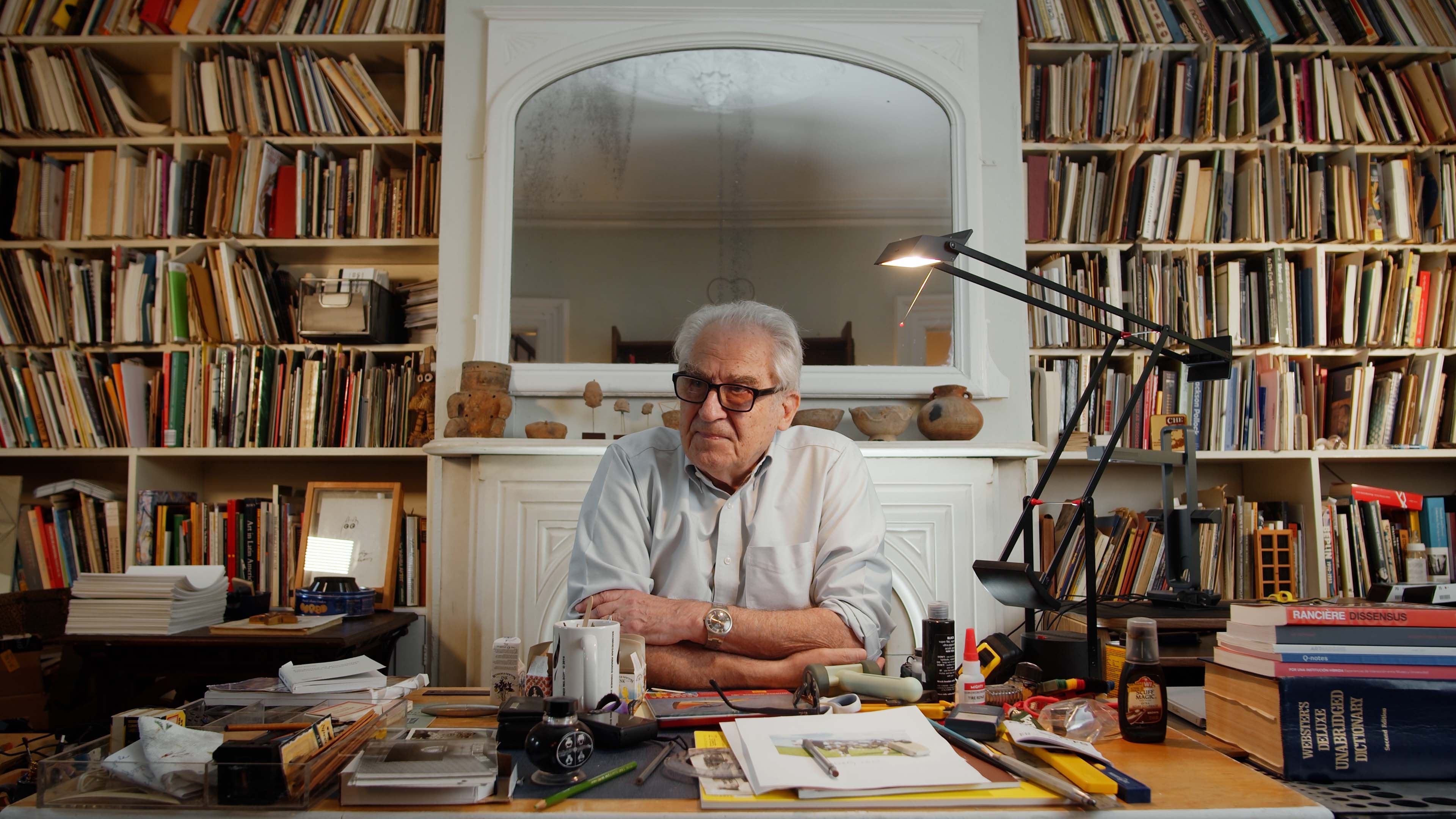What is the collective dimension of individual learning? How to estimate the poetic dimension of collective learning? What is the political dimension of (un)learning? How to determine the ethical dimension of pedagogy? What is the poetic dimension of counter-pedagogy? Is silence a communal good, as Ivan Illich said? Should utopia be understood as a fundamental human need, as argued by Paulo Freire? What is there between the common good and communality? How to go beyond the utilitarian dimension of life? How to go on without knowing what we already know and still be sufficiently didactic? How to build improbable coexistence from unthinkable contingencies? Would coherence be a contextual datum? What is the limit between a poetic methodology and a political counter-pedagogy? What at the end can a language do? How many stories can an object support? What is a narrative really capable of?
Liminal Geopoetics: Pedagogies in Public
past
Kassel, Germany
2022—I
07/30/2022 — 08/03/2022
Formative project developed at CAMP notes on education at documenta fifteen by La Escuela___.
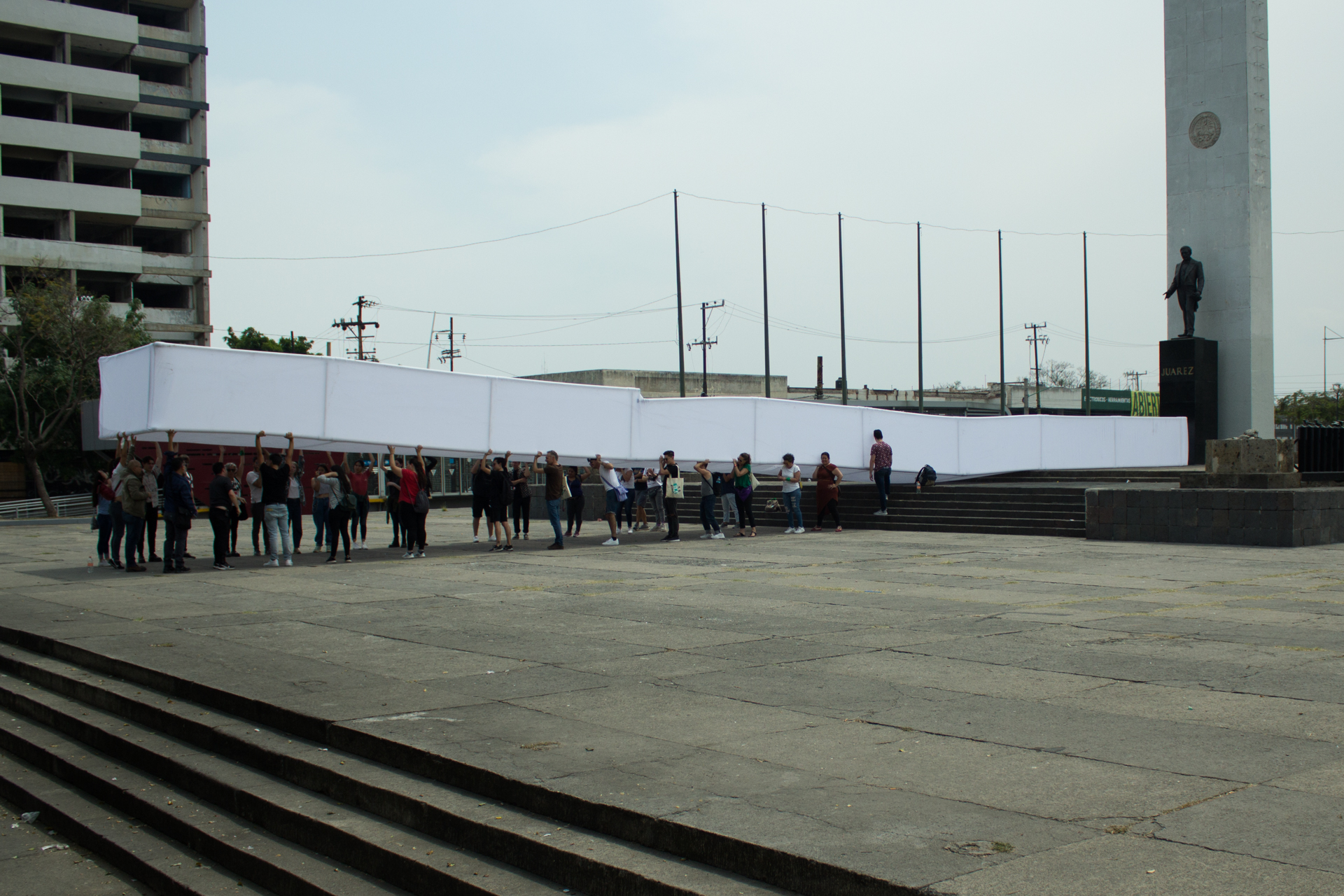
Mônica Hoff
(Brazil, 1979) Artist, curator, researcher and LA ESCUELA ___ Guest Scholar. She investigates the relations between curatorial, artistic, and educational practices and how they contribute, resist, and determine institutional policies and pedagogies. She holds a PhD in Contemporary Art Processes (Universidade do Estado de Santa Catarina - Brazil). She coordinated the education department of the Bienal do Mercosul (2006—2014) and participated in the curatorial team for its 9th edition, “Weather Permitting” (2013). Recent collaborative projects include: Laboratório de Curadoria, Arte e Educação (2014—2019); Embarcação, Escola Extraordinária (2016—2018); Corazón Pulmones Hígado (2019—2020); Pedagogia em Público, and the Domingo's Group (ongoing).
Miguel Braceli
(Venezuela, 1983) Artist, architect, educator, and founder of LA ESCUELA___. His work is focused on participatory art projects in public space; at the intersection of art, architecture, and social practices; exploring geopolitical and local conflicts. Most of these projects have been large-scale works developed in Latin America, Europe, and the United States. He has led educational projects with institutions such as the MoMA, Washington Projects for the Arts, Matadero Madrid, among others. His most recent recognitions include Skowhegan Fellow (2022), AIM Bronx Museum Fellow (2022), Future Architecture Fellow (2019), and Young Artist Award of the Principality of Asturias (2018). He is currently a Fulbright Scholar working and living in New York.
"The artwork as a formative project proposes complex models of authorship that come from collective construction, but also depend on the nature of the pedagogical models in question. Beyond the tangible object that results from these practices, and even beyond the intangible experience, it is the pedagogical structure from where the works are born."
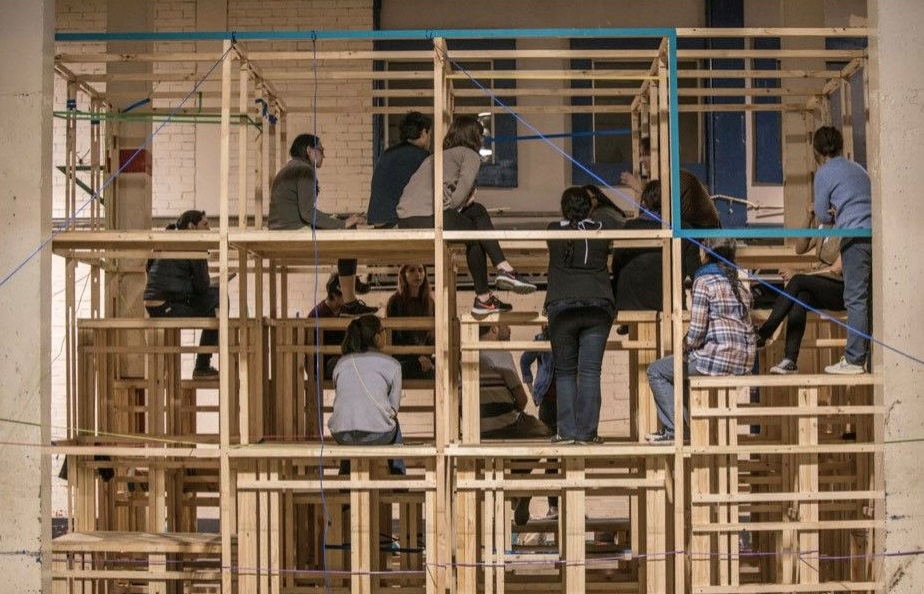

"If art is where it apparently isn't, where is art? And in turn, if education is where it apparently isn't, then where is education?"
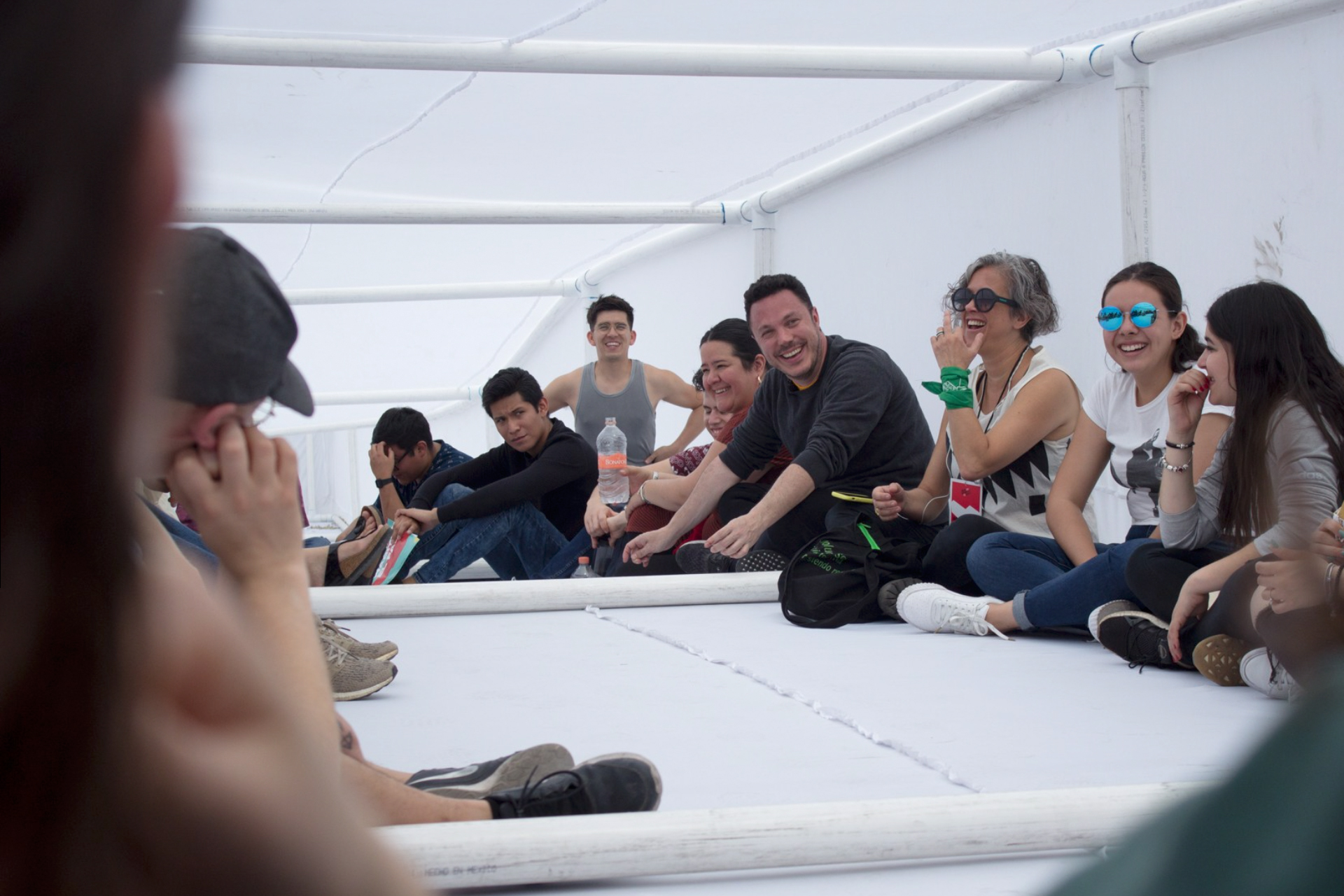



Through a series of short and long-term individual and collective theoretical-practical exercises, Mônica Hoff and Miguel Braceli will work with 9 fellows in the development of a piece/score/formative element that will result in a public participatory event. During the workshop, participants will be invited to think and articulate different formal and narrative questions and hypotheses for the same answer, taking individual, collective and public responsibility for them. The project does not focus on a solution but on generating new problems from a predetermined solution and then new detonators of poetic, ethical and political possibilities. The challenge is to give meaning to a common element in different physical contexts and cultural imaginaries, to establish discussions from art as a space for potential (un)learning. The Classroom seeks an approach to the spaces of education and mediation of art that transcend models such as collective drawing or the discussion table, to give way to site-specific formative projects that can address the different dimensions of the public from the body and action.
